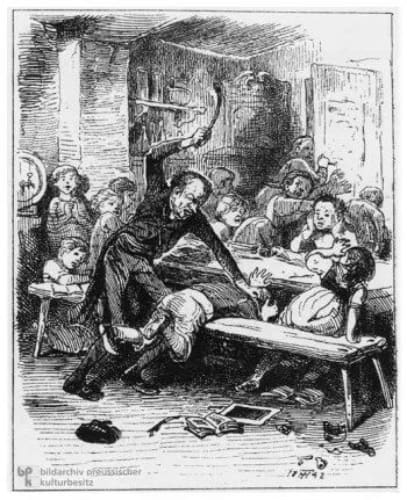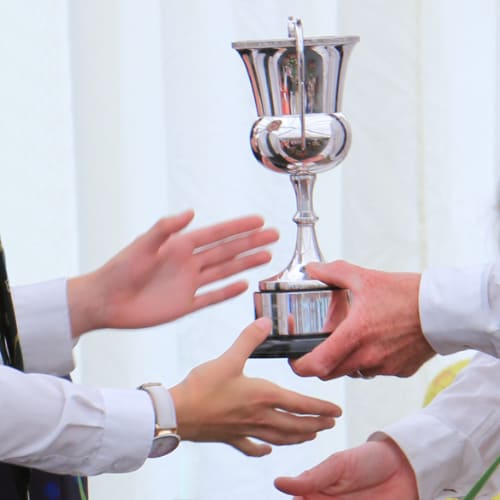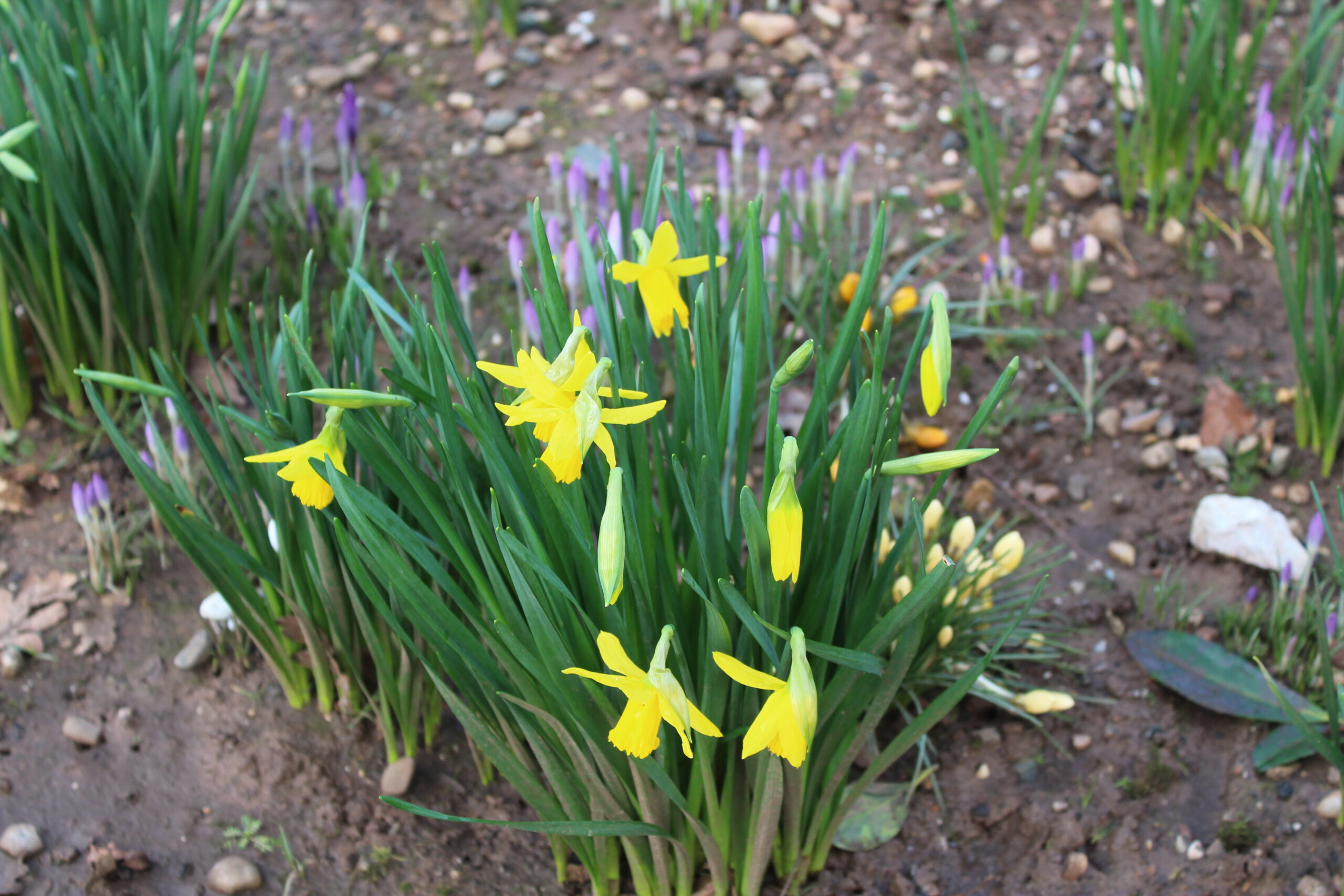We have 3 school rules:
• Be courteous
• Be considerate
• Use your common sense
Sound simple?
Well, that is because it is. It is designed to be. It encompasses everything we try to instill in our charges. It guides our children to be honest, hardworking and independent pupils who are in charge of their own behaviour management. Whether an adult is there or not – if they are in school or not – how are they going represent themselves? The answer is easy…
• Be courteous
• Be considerate
• Use your common sense
This set of rules is embedded into the fabric of St Peter’s. They are a part of our previous deputy head’s legacy. He could never understand why; ‘so many schools – had so many rules – about so many things.’ He believed that we must keep it positive and simple for everyone involved. Then everyone will get it and adhere to it.
Gone are the days of the following illustration to the right.
Even if these days were still here…we wouldn’t, we couldn’t, we shouldn’t.
I can hear our deputy head saying, ‘We would never need to anyway’.
I agree. He is right. The behaviour of our pupils at St Peter’s is really very, very good and so often we have feedback on visits and from visitors with regard to these high standards. The Goods Schools Guide simply described our pupils in December 2017 as ‘seriously nice kids’. Yup.
We do have sanctions here at St Peter’s and they are used with great care and respect. Our Discipline & Good Behaviour Policy holds more information about our behaviour guidelines including rewards and sanctions.
The rewards we give are plentiful, publicly celebrated and include a feverish collection of house points and bonuses, stickers, counters, marbles and beads.
A sanction could be a removal of these house points or bonuses. We might ask pupils to stay in at playtimes to complete work not done. We might hold 1:1 meetings with tutors, or meetings with tutors and parents. Restorative sanctions such as litter picking and contributing to the school community in free time, still exist. These sanctions can be effective if normal daily conversations about learning attitudes do not work.
BUT …
Our ultimate response when a pupil’s behaviour starts to go awry is…
• What is going on for them?
• Are we missing something?
• Are they accessing their work?
• Are they happy in their friendships?
We are always aware that no child likes to be ‘in trouble’. Supporting pupils through their behaviour wobbles is exactly the same as supporting them within their academics or their sport or their drama performance. It goes with the job. It is based on the individual and what will work for them. Overcoming boundaries and being clear about expectations.
Our deputy head left me with a saying that will stay with me for the rest of my time in teaching:
“Always catch them being good. Watch them closely until you do. Once you catch them doing good – make as much of it as possible. Go to town with the praise. Sanctions then become an unnecessary consideration.”
He was the best at the few and far between sanctions, but he never really thought they worked half as well as the praise.
I explained in my previous entry of Teaching and Learning, how in lesson observations and learning walks we had identified some elements of low-level behaviour across the second half of last term. (E.g. tardy timekeeping, organisation of equipment, interruptions during teaching and learning time).
Having taken a whole school approach, in speaking with all classes about PRIDE, since the beginning of January we have seen a significant improvement in behaviour. All it took was one or two conversations and helping the pupils to understand what we meant by low-level behaviours…and for it to stop.
Ultimately …

A daunting fact, but with the Teaching and Learning being as exploratory and exciting as it is here at St Peter’s … we think the pupils might be a bit too busy and a bit too engaged to choose to do anything other than immerse themselves in it all – and learn.
L. Ball, Deputy Head of Teaching & Learning








